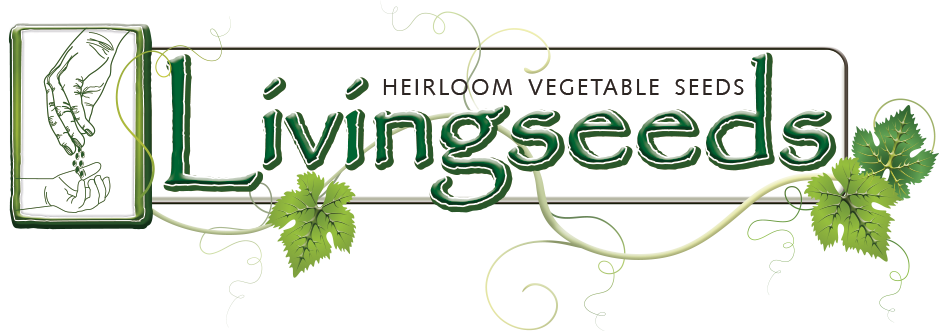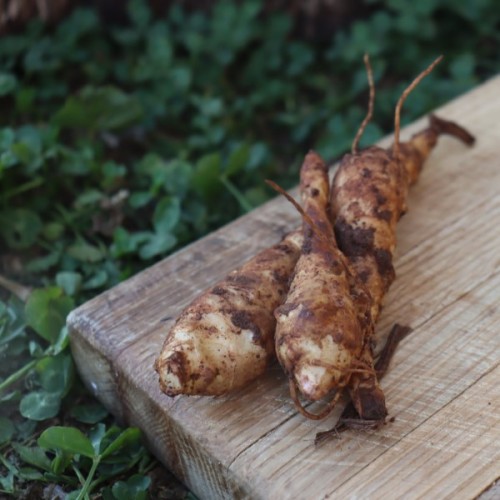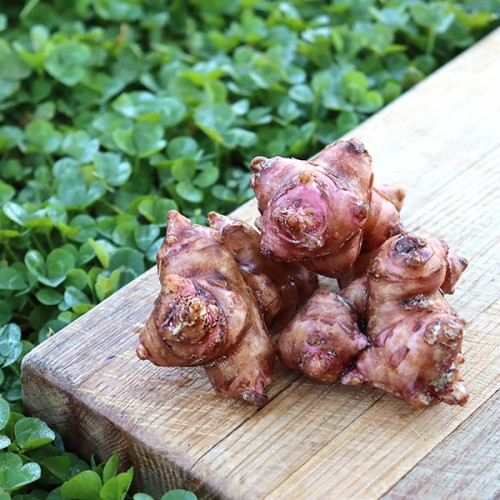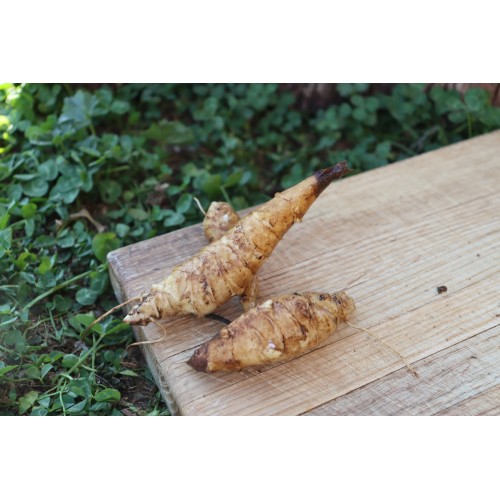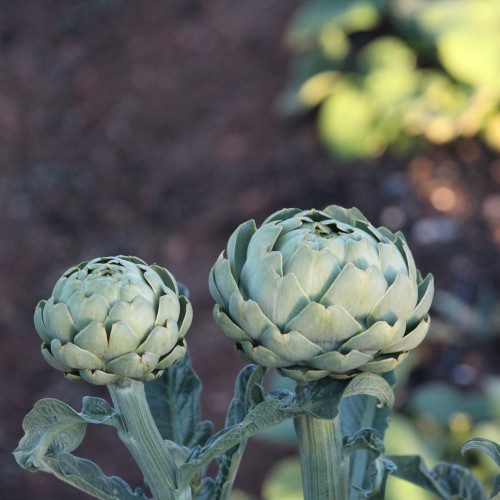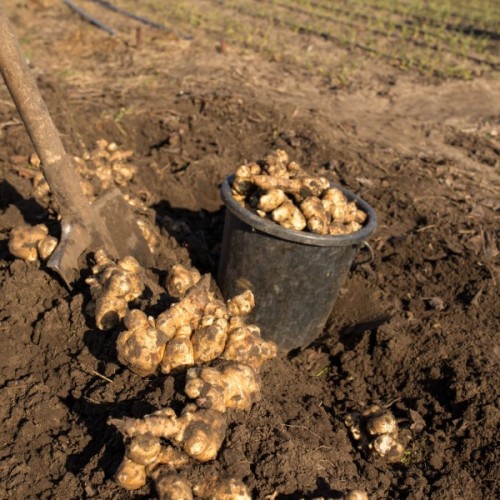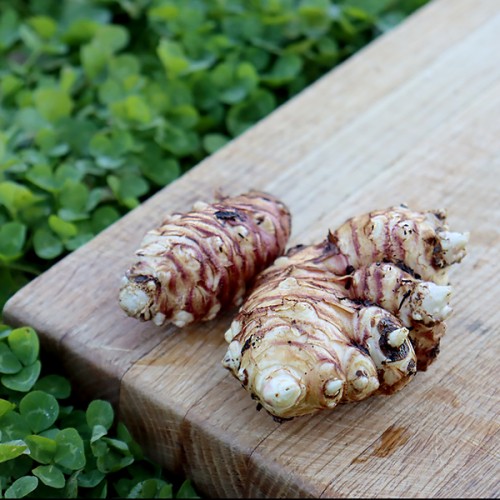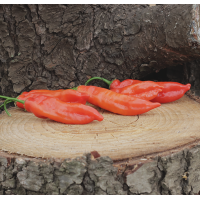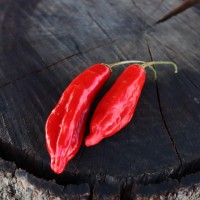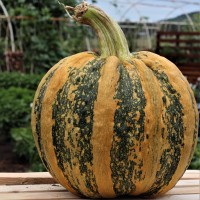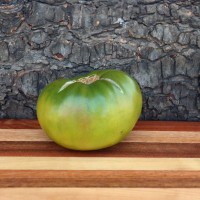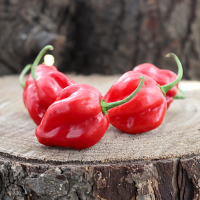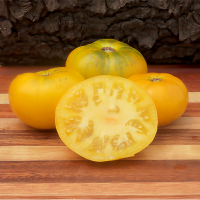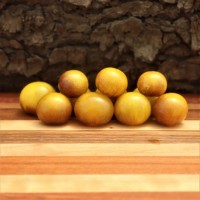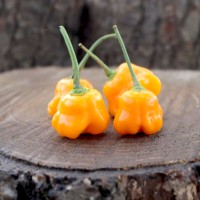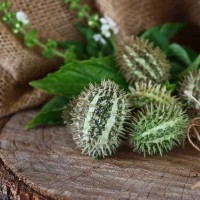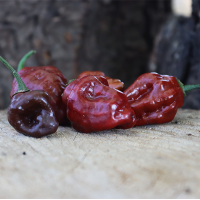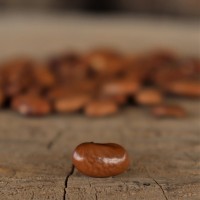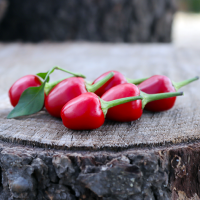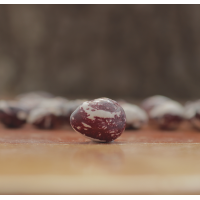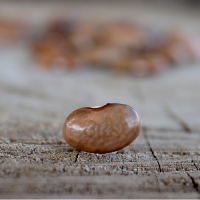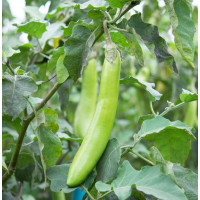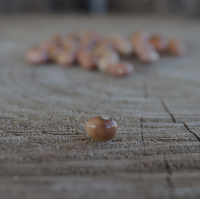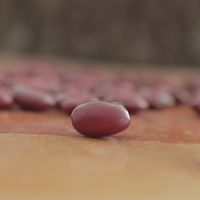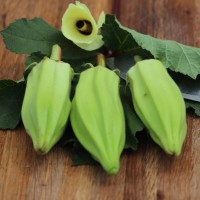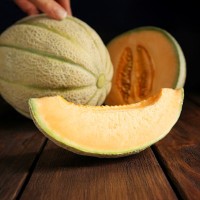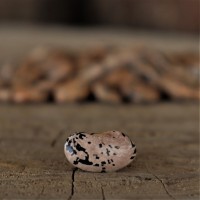Artichokes
Globe Artichoke Seed:
Artichokes used to be a dish exclusively reserved for royalty and commoners were simply not allowed to eat them. They are perennials that are both water and food-hungry. The plants are frost-hardy and do exceptionally well in areas with cold winters; it is this cold that stimulates the development of flower buds.
Space the plants 50-90cm apart and side dress every spring with a good quality organic fertilizer. To harvest, cut the stem 2-3cm below the unopened flower bud. For an impressive show of stunning, huge, purple blooms, leave a few of the buds to flower, allowing them to dry off on the plant for seed saving.
Jerusalem Artichoke Tubers:
Jerusalem artichoke is an ancient, domesticated plant from central North America. This long-lived, perennial relative of the common sunflower was spread by trade and agriculture by Native Americans throughout North and Central America.
It grows as a tall (2m+) cluster of stems topped with hundreds of small, yellow sunflowers throughout summer. The flower petals are edible, and very pretty in salad, but despite the “artichoke” label, the real vegetable here is not the flowers. It is grown for its incredibly numerous, superficially ginger-like storage tubers.
The roots contain about 2% protein, no oil, and little starch, but are rich in the carbohydrate inulin (8 to 13%), which is a polymer of the monosaccharide fructose. Tubers stored for any length of time convert their inulin into its component fructose. Inulin is not assimilated by the intestines, making it a dietary fiber and prebiotic, so it does not cause a glycaemic spike. In other words, this a low GI “starchy” vegetable!
A word of warning: The process of inulin digestion can cause flatulence in some people, leading to the plant's other common name “fartichokes.”
African Ivory Jerusalem Artichoke
Helianthus tuberosusA.k.a. Sunchoke, Sunroot, Canadian TruffleA stunning 2023 release and yet anothe..
R52.21
Beaver Valley
Helianthus tuberosusThe first true red skinned Jerusalem artichoke available on the SA market! Tint..
R62.10
French White Mammoth Jerusalem Artichoke
Helianthus tuberosusWe are hugely excited to introduce one of the finest international varieties of..
R60.39
Green Globe
Cynara scolymus The food of kings, artichokes are typically served either as a whole immature flo..
R37.09
Samson Jerusalem Artichoke
Helianthus tuberosusA.k.a. Sunchoke, Sunroot, Canadian TruffleThis is the Livingseeds variety of Jer..
R51.52
Violet de Rennes
Helianthus tuberosusWhat an exciting introduction for 2025! This Heirloom varieties’ skin colours u..
R57.96
Specials
Aji Magyor
Capsicum baccatumThis is a very rare chilli from Hungary. The pretty yellow and white flowers make f..
R27.37 R31.48
Aji Norteno
Capsicum baccatumA rare chilli originating from the northern coastal valleys of Peru.The plants prod..
R27.37 R31.48
American Tondo
Cucurbita pepoVines produce small to medium sized ornamental squashes ranging in weight from 2Kgs to..
R29.46 R33.90
Ananas Noire
Solanum lycopersicumA stunning open-pollinated tomato developed by Belgian horticulturist Pascal Mor..
R29.67 R34.12
Antillais Caribbean
Capsicum chinenseThis is a rare habanero type chilli, thought to originate from the Yucatan peninsu..
R27.37 R31.48
Azoychka
Solanum lycopersicumA Russian heirloom bred by hobby gardener Valentina Petrovna Kruglova and found ..
R29.67 R34.12
Blue Gold Berries
Solanum lycopersicumSuper sweet and very low acid for a cherry tomato. These unique tomatoes develop..
R27.72 R31.87
Brasileira 3 Lobos
Capsicum baccatum A 3-sided Heirloom chilli from Brazil. The fruits mature from green to yellow and ..
R27.37 R31.48
Bush Hog
Cucumis sativus Short compact plants that produce generous amounts of small oval shaped and sligh..
R31.58 R36.32
Chocolate Lantern
Capsicum ChinenseA cross between Chocolate Fatalii and Hot Red Paper Lantern. These peppers are high..
R27.37 R31.48
Epicure
Phaseolus vulgaris Epicure is a pole/climbing bean, that is believed to have originated out of th..
R28.82 R33.14
Filius Blue
Capsicum annuumNow this is a stunning little pepper. The plants are small and squat, grow exceptiona..
R27.37 R31.48
Good Mother Stallard
Phaseolus vulgarusWhat a wonderful bean to add to your collection! This highly productive bean makes..
R28.82 R33.14
Greek Pole
Phaselous vulgarisAnother bean variety gifted to us by Alan Reynolds. Years ago he gave us one or t..
R28.82 R33.14
Green Fingers
Solanum melongenaA prolific producer of green finger-like brinjals that have a thin and tender skin ..
R31.36 R36.06
Herrenbohnl Gentleman's Little Bean
Phaseolus vulgarisA very rare bean that was gifted to Livingseeds a few years ago. It has taken a wh..
R28.82 R33.14
Hidasta Red
Phaselous vulgarisAn heirloom bean variety native to the American tribe, Hidasta of the Missouri Riv..
R28.82 R33.14
Hill Country Red Okra
Abelmoschus esculentusThis Texan heirloom is said to have originated from the Texas Hill Country in ..
R29.47 R33.90
Iroquois Melon
Cucumis melo Developed by Dr. Henry Munger of Cornell University in Ithaca, New York. This variet..
R27.37 R33.90
Marvel of Nictaux
Phaseolus vulgaris A pole bean variety that got its name from Nictaux, a town in Nova Scotia Cana..
R28.82 R33.14
